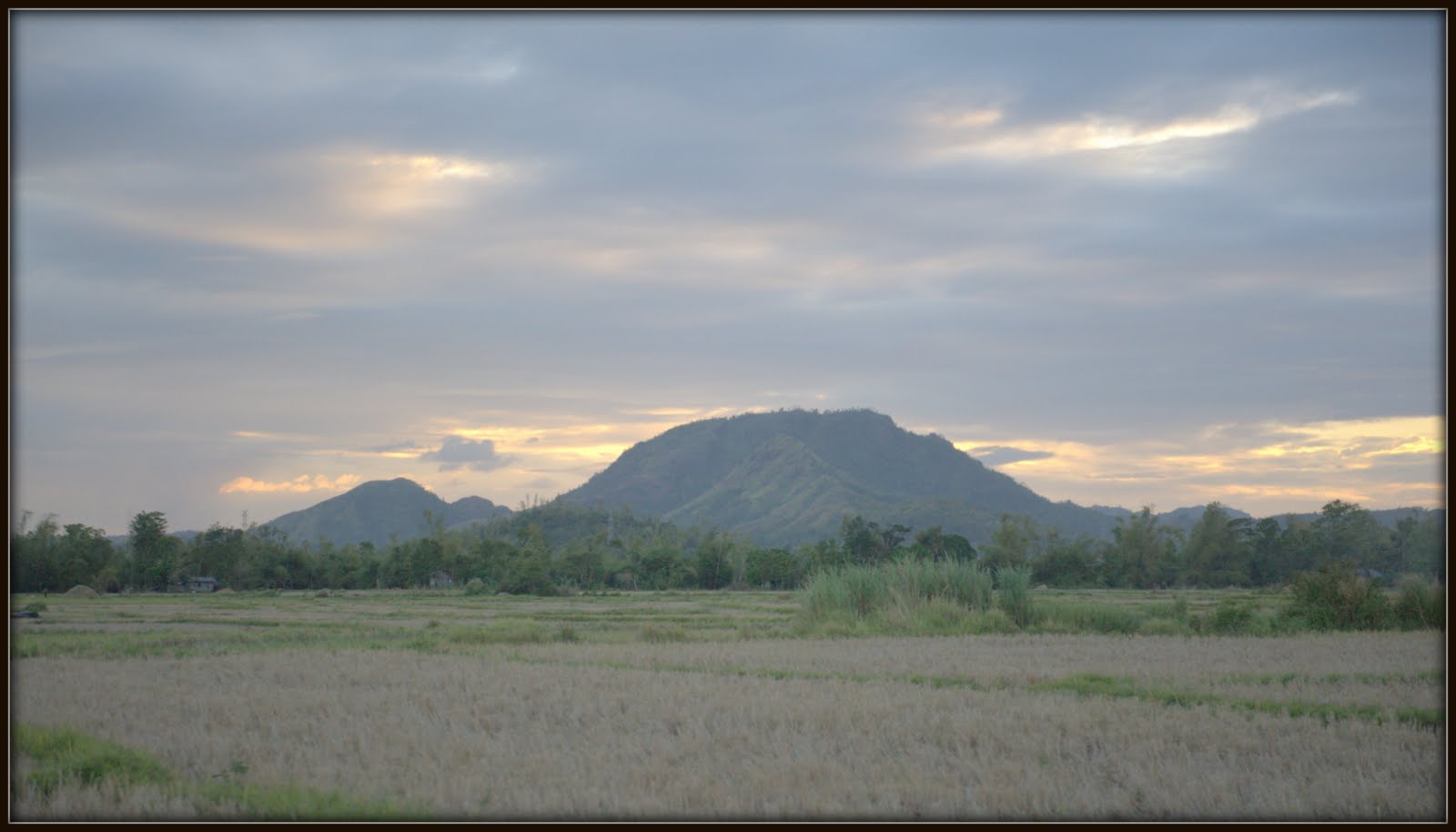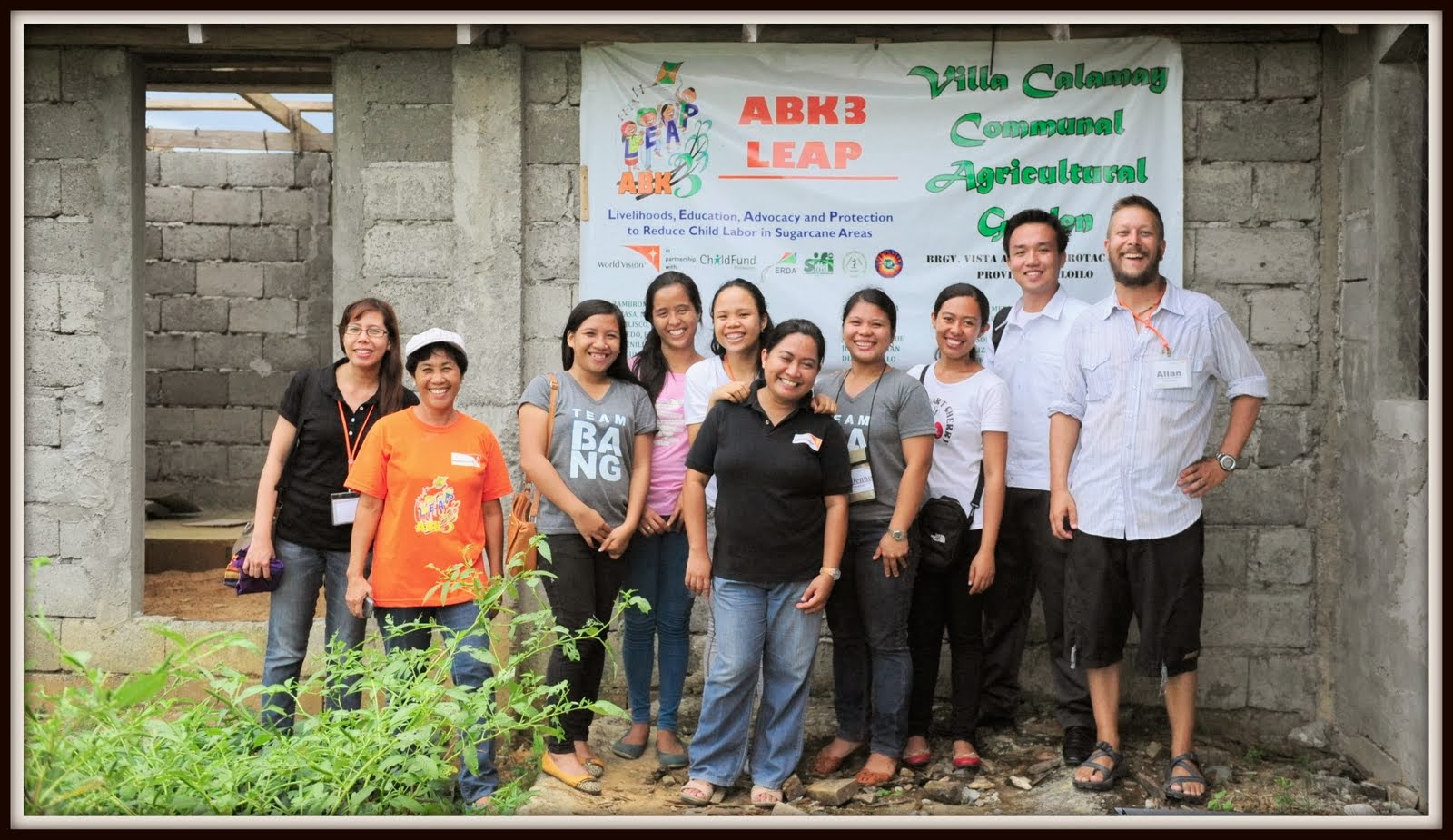Luxury of Refrigeration
We finally saved enough money to buy a refrigerator. Just in time for the hottest months of the
year, April and May.
Every evening we make dinner and make sure we have enough
left for our baon (boxed lunch). With
the new freedom of refrigeration we bought some prawns for gumbo. One was as
large as Lauren’s hand. What’s even more
amazing we were able to buy these and still stay within our budget of $1.67. We have such amazing access to cheap seafood
and local fruits, which helps make up for what we lack in daily accommodations.
In season at the moment are mangos, both yellow and
green. The unripen green mangos have the
taste of a ripened mango but the texture of an apple. They are wonderful, especially with a little
chili salt. Next month we will travel to
Guimmarus Island (where the sweetest mangos in the world are) for the Mango Festival. You pay 100 pesos ($2.32) as an entrance fee
and get an unlimited supply of mangos to eat.
Most importantly, with the refrigerator we are able to put
our leftover food in a safe place. As
you can see from the photo, we have the rat king dancing about our
kitchen. This is the second rat we have
caught this size and there have been 5 others that are a little smaller. The small trap in the photo is one that
Lauren’s parents sent; she thinks there might have been a miscommunication on
how big these damn things are. At least
we get access to cheap seafood for the price of dealing with RATS of this size.
Community Gardens
I’ve been staying busy with the gardens, youth life skills
sessions, inspections of our site, and reporting forms. In addition to this, I
have been on a crash course of organic farming practices. It’s very enjoyable and
the people I work with are very knowledgeable. I've been mainly a carrier of
practices from community to community. All four community gardens I have been
working on are cleared and planted. We
should have produce to show in a couple of weeks. I also got elected to the Volunteer
Advisory Committee as a representative for the Visayas. and am very excited to have a way to help my fellow
volunteers.

















































